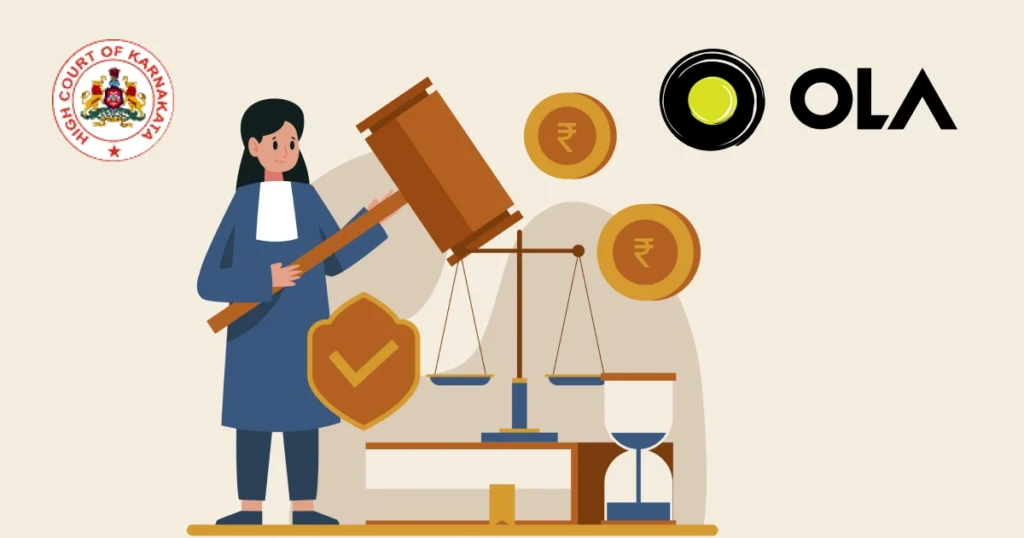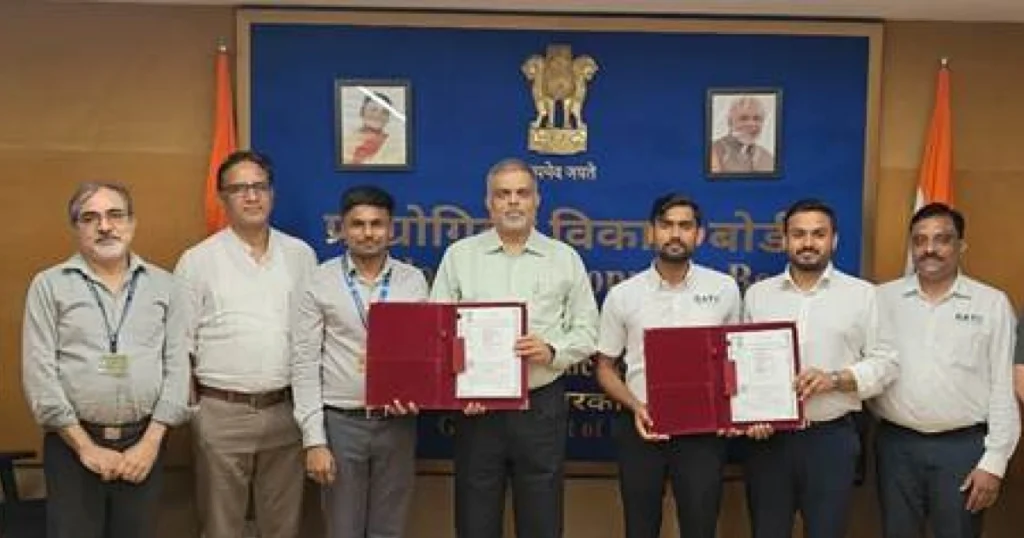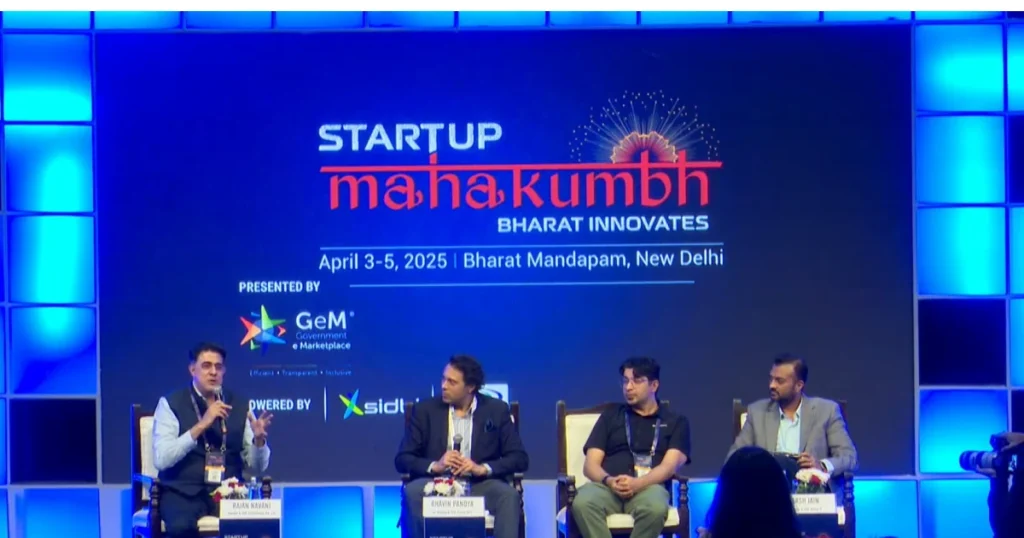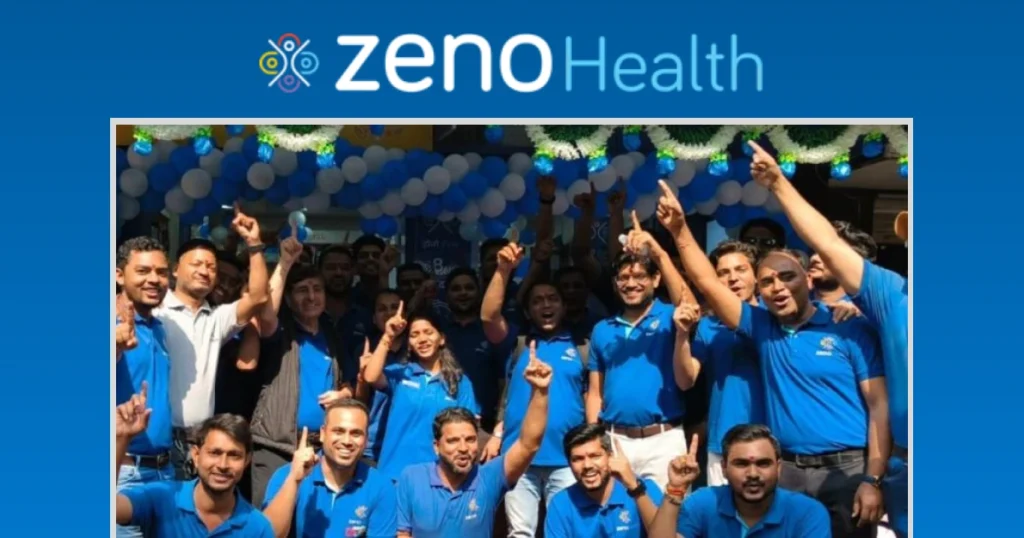In a landmark ruling, the Karnataka High Court has directed ANI Technologies, the parent company of Ola, to pay INR 5 lakh to a woman who reported being sexually harassed by one of its cab drivers in 2018.
The court emphasized that the driver would be classified as an employee under the Sexual Harassment of Women at Workplace (Prevention, Prohibition and Redressal) Act, 2013 (POSH Act).
The decision, delivered by Justice M G S Kamal on September 30, addresses a case in which the woman claimed that during a ride to her office in Bengaluru, the driver allegedly leered at her through the rearview mirror while simultaneously watching an obscene video on his mobile phone, ensuring it was visible to her.
Following the incident, the woman filed a police complaint and subsequently sought justice through the high court, aiming to invoke protections under the POSH Act.
In addition to the compensation, ANI Technologies has been ordered to pay INR 50,000 to cover the woman’s legal expenses.
The court mandated that Ola’s Internal Complaint Committee (ICC) investigate the harassment complaint and complete the inquiry within 90 days, as per the provisions outlined in the POSH Act.
“This is a much-needed decision. While it addresses harassment under the POSH Act, it sets an important precedent for recognizing drivers as employees. The court’s detailed scrutiny of employer responsibilities opens the door for broader protections for gig workers across India,” remarked Shaik Salauddin, National General Secretary of the Indian Federation of App-Based Transport Workers (IFAT).
Furthermore, the High Court underscored the importance of confidentiality in such cases, instructing Ola to adhere to Section 16 of the POSH Act, which safeguards the privacy of those involved.
The Karnataka State Transport Authority has also been tasked with continuing its investigation into Ola’s practices, with a stipulated 90-day deadline for completion.
This ruling coincides with ongoing government initiatives to enhance security measures for gig workers.
Recently, Labour and Employment Minister Mansukh Mandaviya announced that aggregator platforms will soon be required to register the details of their gig workers on the e-Shram portal, a national database aimed at organizing unregistered workers, including those in the gig economy.
Earlier this year, protests erupted among auto and taxi drivers in Delhi NCR against cab aggregators like Ola and Uber.
Additionally, in June, women gig workers from Urban Company staged a strike in Bengaluru, protesting against new working conditions they described as “horrific” and akin to “slavery.”
Notably, Fairwork India has rated Ola, Uber, Dunzo, and Porter as the worst-performing startups concerning the working conditions of gig workers, highlighting the ongoing struggle for improved labor rights in the sector.
As the case unfolds, the developments signify a critical step toward accountability and safety for women and gig workers in India, signaling a growing recognition of their rights in an evolving labor landscape.



















